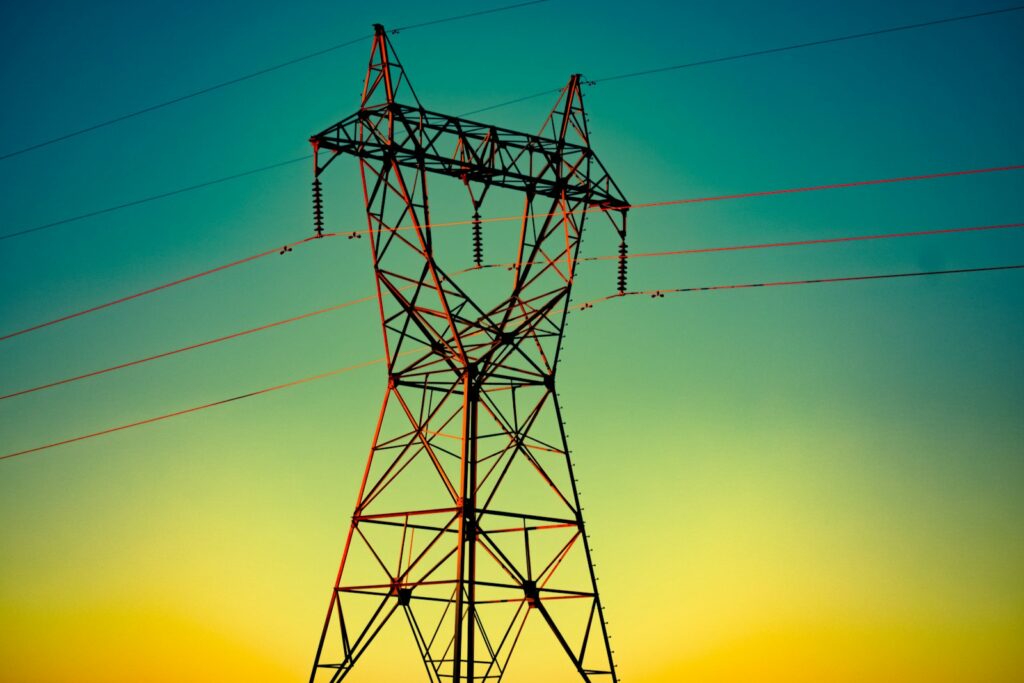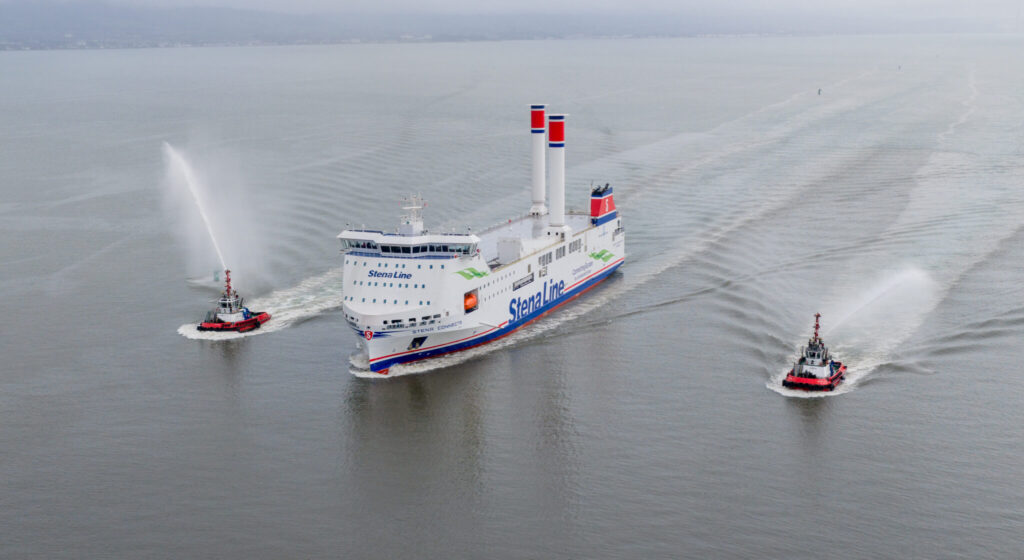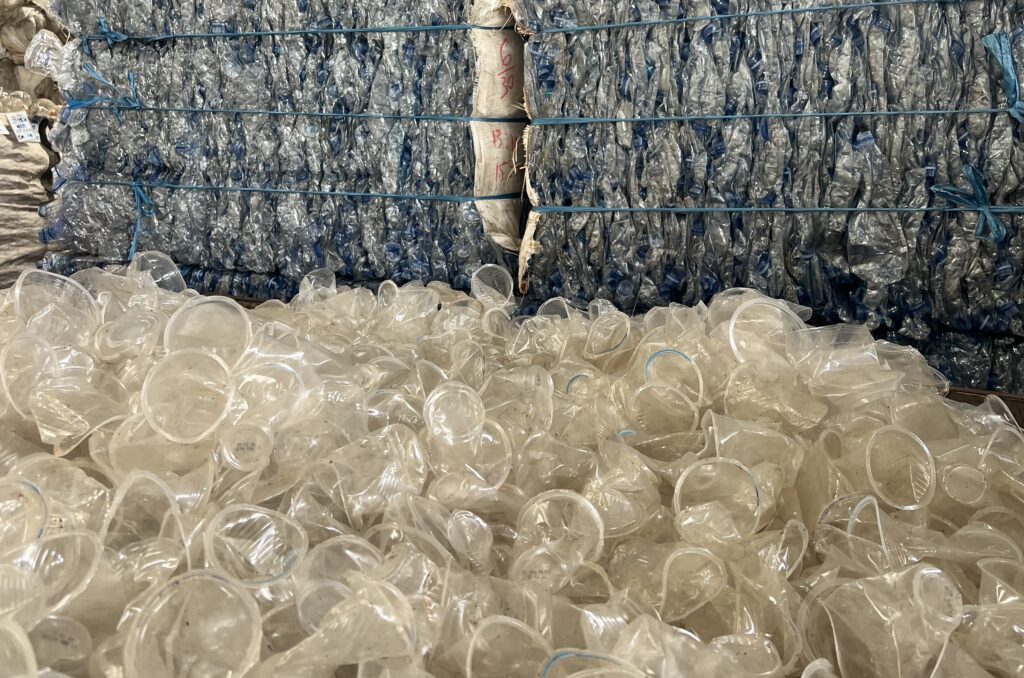Economic growth slows with increased rainfall, according to a 40-year global study.
Scientists at the Potsdam Institute for Climate Impact Research (PIK) and the Mercator Research Institute on Global Commons and Climate Change (MCC) have identified a correlation between high rainfall and poor economic performance.
Data taken from 1,554 global regions, over a 40-year period from 1979-2019, shows a connection between the number of wet days and extreme rainfall, and slower economic growth. Rich countries are the worst effected, with manufacturing and services sectors taking the brunt of the impact.
‘This is about prosperity, and ultimately about people’s jobs. Economies across the world are slowed down by more wet days and extreme daily rainfall – an important insight that adds to our growing understanding of the true costs of climate change,’ said Leonie Wenz of PIK and MCC, who led on the study.
The work is the first to focus on daily rainfall and economics, a vital area of research given almost all regions of the globe have seen wet days intensify over the period data was collected. A key driver is fossil fuel emissions heating the air, making it possible for higher levels of water vapour to be stored, which eventually turns into rain.
‘Macro-economic assessments of climate impacts have so far focused mostly on temperature and considered – if at all – changes in rainfall only across longer time scales such as years or months, thus missing the complete picture,’ Wenz continued. ‘While more annual rainfall is generally good for economies, especially agriculturally dependent ones, the question is also how the rain is distributed across the days of the year. Intensified daily rainfall turns out to be bad, especially for wealthy, industrialized countries like the US, Japan, or Germany.’
In related news, the think tank Bright Blue recently published a report highlighting a lack of preparedness for increased flood risks in UK cities.
Photo credit: Juan Manuel Sanchez
















